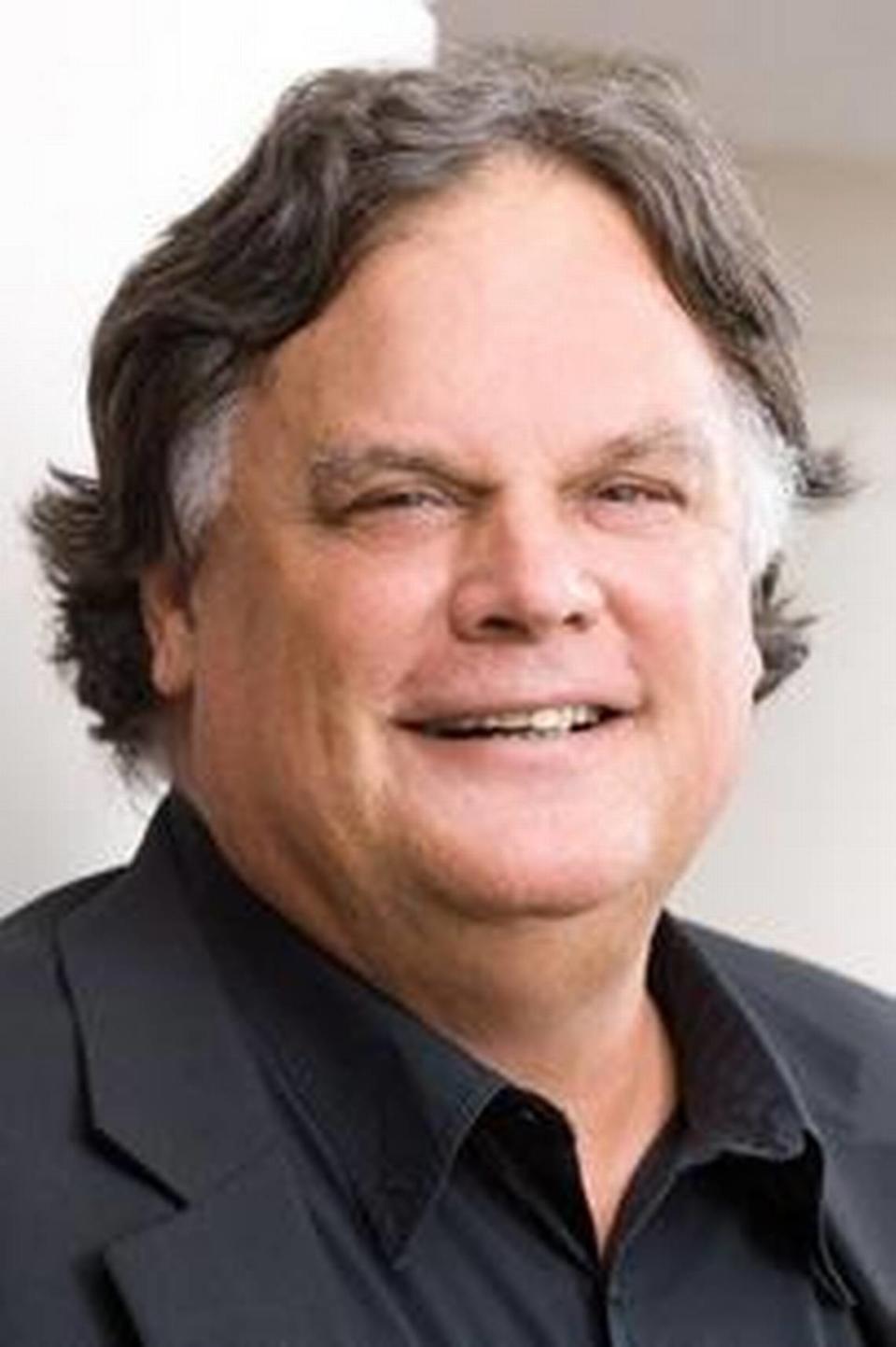NC Senate leader is stacking the deck on judicial appointments | Opinion
You’d think Sen. Phil Berger would be satisfied. He has a supermajority in the N.C. Senate. It is now accompanied by another one in the House. The governor’s vetoes are speedily dispatched. The new 5-2 Republican N.C. Supreme Court has dramatically announced its political fealty to the will of the General Assembly. Extreme Republican gerrymandering has been given the green light. “Cheat to your heart’s content,” the justices have effectively declared. Paul Newby is the most ideologically committed chief justice in North Carolina history. Berger’s own son increasingly plays a stout role on the high court — eagerly shepherding daddy’s agenda along.
The partisan river flows free, boundless and unfettered. Heady times.
But no. The Senate leader apparently needs more.

The Senate budget bill North Carolina legislators just passed includes a bold plan to give the legislature more power to select judges and to shield laws and electoral districts from the annoyance of independent judicial review. Here’s how it works.
The proposal creates 10 new special Superior Court positions with 8-year terms. “Special” superior court judges are not elected like most N.C. Superior Court judges are. They have been, typically, selected by the governor and confirmed by the General Assembly. These new judgeships, however, are to be appointed — surprise — by the legislature.
Senator Berger explains that the goal is to “diversify” who has the power to select judges. The lawmakers decided that additional judges were needed and, according to Berger, “it was felt that it was time for us to look at addressing some issues as far as spreading out the authority to appoint judges.”
Berger and his party are, of course, famous for their commitment to “diversity.” And whenever Republican lawmakers look at “spreading out authority,” Gov. Roy Cooper loses and they gain.
Berger reassured his critics that he isn’t presently contemplating the elimination of the governor’s power to appoint other existing judicial positions. There’s plenty of time for that, of course. Remember, he didn’t initially plan to extend school vouchers to wealthy parents. But, as everyone knew, the true payday was always coming.
And all that maneuvering is just the first dropped shoe. Next, the “budget” document changes how required three-judge panels assigned to rule in lawsuits challenging the constitutionality of redistricting plans and other actions by the General Assembly are constituted. At present, such panels include the senior Superior Court judge for Wake County, where such actions are filed, and two other judges from separate parts of the state, recommended by the State Conference of Superior Court Judges, who are then appointed by the Chief Justice.
The problem is, the highly respected chief judge of Wake County, Paul Ridgeway, is a Democrat. And, I’m guessing, elected judges from Wake County will often be Democrats. So now, the “budget” bill will remove the geographical constraint and simply turn over the selection authority, with minimal restrictions, to hyper-Republican Chief Justice Paul Newby. The relevant pool will also, of course, include the new Berger/Moore cadre of 10 “special superior court judges.” It’s a clean sweep. “We’ll generously help choose the judges to review our work,” seems to be the theory.
In Berger’s world, separation of powers is passe. Why worry about a diffusion of authority when one’s own son, N.C. Supreme Court Justice Phillip Berger Jr., has just written for the new Republican majority court that all laws passed by your assemblage represent the “sacrosanct fulfillment of the people’s will”? Surely no one would deem to defile the “sacrosanct.” Only a heretic would have the gall. Step aside. The king speaks.
Contributing columnist Gene Nichol is a professor of law at the University of North Carolina-Chapel Hill.

